News Archive
Opinion
-
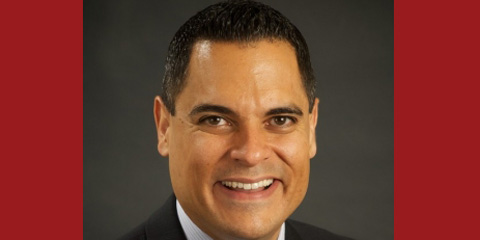
J. Juan Macias is assistant director of career and professional development at the USC School of Social Work.
The demand for social workers has never been greater. In fact, the US Bureau of Labour Statistics projects a 19% faster-than-average growth in social work jobs until 2022.
But the need for social workers in business and non-profit administrative settings is just being recognised. Companies around the world are starting to realise the value of social workers and the transferable skills they can bring to the workplace.
-
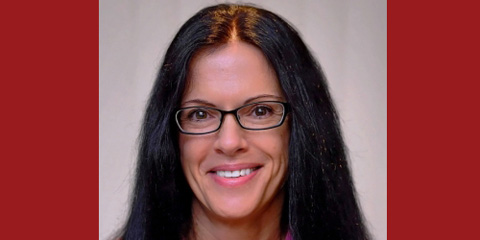
Suzanne Wenzel is the Richard M. and Ann L. Thor Professor in Urban Social Development at the USC School of Social Work.
A sprawling metropolis of nearly 10 million people, Los Angeles County has the unenviable distinction of being home to the largest jail system in the United States, housing an inmate population of approximately 19,000 on any given day.
-
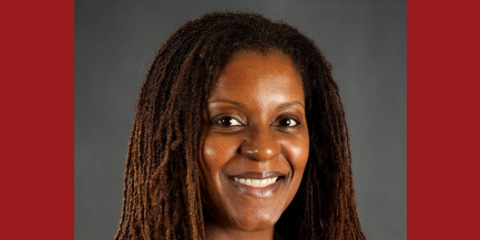
Karen Lincoln is an associate professor at the USC School of Social Work and director of the USC Hartford Center of Excellence in Geriatric Social Work.
Over 10 million Americans now require long-term care annually and Medicaid is the primary source of coverage. Medicaid spending on long-term care services has been rising sharply.
With 10,000 baby boomers turning 65 every day, the United States is in a long-term care crisis.
-
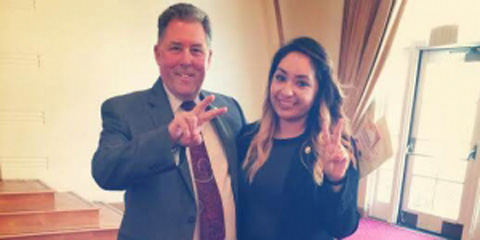
For many, being a student means learning the basics before making a foray into the professional world.
But Master of Social Work student Alejandra Cortez didn’t want to wait and decided she wanted to do something meaningful now. So she ran for president of her hometown’s neighborhood council – and won.
-
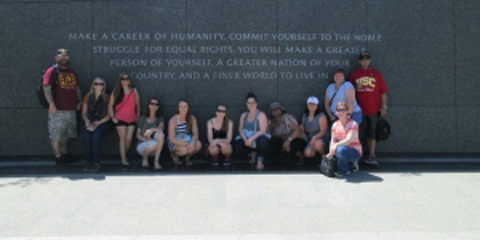
For USC School of Social Work students interested in working one-on-one with veterans and military families, a trip to the nation’s capital provided a meaningful lesson in understanding how policies are made and their influence on everything from the accessibility of timely mental health services to the successful reintegration of soldiers to society.
-
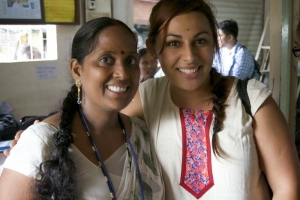
This summer's global immersion trip to India included stops in Mumbai, Jawhar, Pune and rural Maharashtra, where Master of Social Work students and faculty observed daily life and participated in community development projects. They witnessed everything from the effects of abject poverty to the resilience of the country's people, including how a local social worker started a micro-finance nonprofit organization to empower women.
-
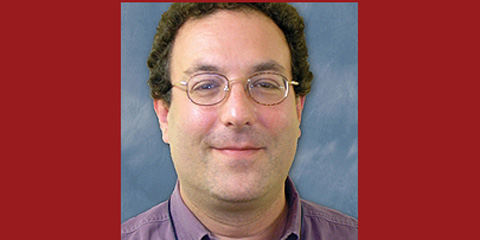
The well-being of our servicemen and women--and their families--is a concern not only for the military, but for civilian society as well. Supporting those who have served in the Iraq and Afghanistan wars as they transition into our workplaces and neighborhoods is our duty as Americans, makes our communities stronger, and builds a solid foundation for our ability to face future challenges as one nation.
-
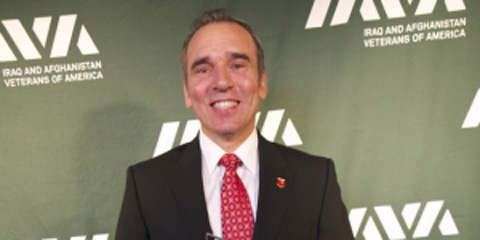
Five years ago, Anthony Hassan left a military career to become the founding director of a social work center at the University of Southern California.
Today, both he and the Center for Innovation and Research on Veterans & Military Families at the USC School of Social Work are known for their mission to help veterans transition smoothly into their civilian communities.
-

The USC School of Social Work has teamed with California nonprofit Seneca Family of Agencies to offer the first Master of Social Work degree program within a child and family services agency. This innovative graduate program enables Seneca employees to earn a top-tier MSW using USC’s online learning platform while they gain real-world social work experience. Seneca MSW@USC students will continue to be paid as full-time agency employees while receiving substantial tuition assistance from both Seneca and USC.
-
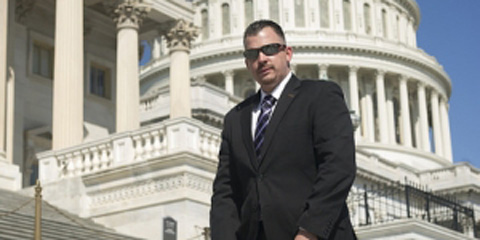
In March, Iraq and Afghanistan Veterans of America (IAVA) held its annual lobbying effort in Washington, D.C. “Storm the Hill” gathered 32 veterans from across the nation to meet with 150 members of Congress and their legislative directors to discuss the pressing issue of veteran suicide. The U.S. Department of Veterans Affairs reports that approximately 22 veterans die by suicide per day, i.e., nearly one per hour, 8,000 a year and 100,000 since Sept. 11, 2001. The lobbying effort produced Senate Bill 2182 “Suicide Prevention for America’s Veterans Act,” sponsored by Sen.